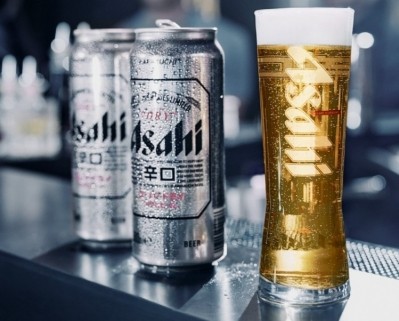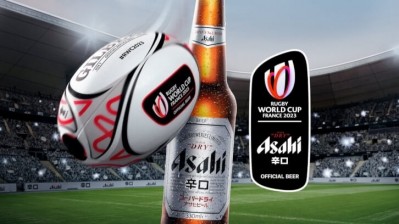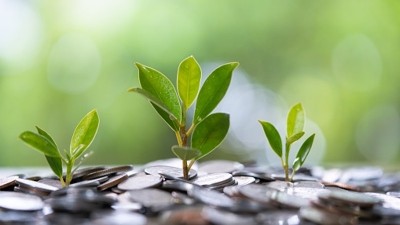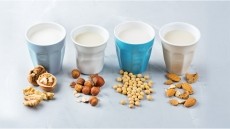Planet Positive plans: Asahi updates sustainability strategy with environment and financial focus to hit 2050 carbon zero targets
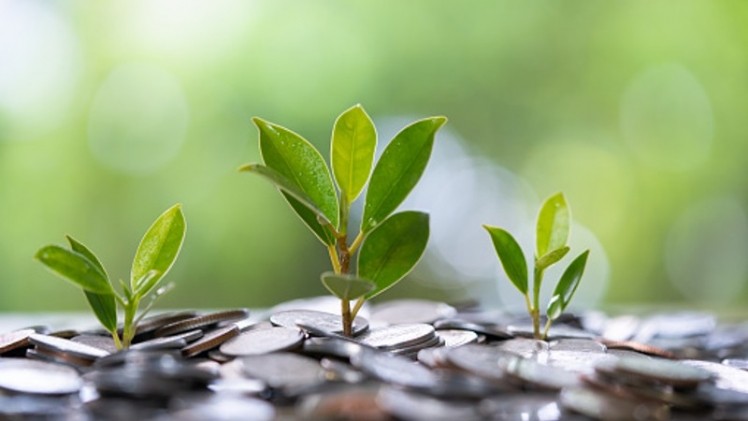
The Asahi Group has updated its Environmental Vision 2050 under its new Planet Positive tagline, revising current initiatives to accelerate its progress towards existing climate change commitments within the Asahi Carbon Zero framework.
This includes an ambitious target to hit zero carbon dioxide emissions under all scopes (scope 1 and scope 2 emissions are directly owned/controlled by a company, scope 3 emissions are indirectly caused by its activities) by the year 2050.
This framework also comprises an intermediate target of achieving a 70% reduction in scope 1 and 2 emissions and 30% reduction in scope 3 emissions by 2030, and Asahi has now added another level of commitments to this to be achieved at an earlier date.
“In order to increase the certainty of achieving the Asahi Carbon Zero medium-to-long-term target [Asahi] has now set a new target of reducing CO2 emissions from Scope 1 and 2 by 40% by the year 2025,” Asahi Group Corporate Communications / Public Relations Senior Manager Yoshiie Horie told FoodNavigator-Asia.
“This will involve accelerate our efforts towards becoming Planet Positive, which will in turn reduce the burden on the environment from the business to zero and maximise value via circularity.
“In order to do this, Asahi is looking at this from four pillars of environmental initiatives – looking at climate change, packaging, agriculture and water resources.”
For packaging in particular, the firm has announced that it will make a 100% conversion to eco-friendly materials to make PET bottles by 2030 as well as establish collection schemes for PET bottles and caps and develop new materials to minimise waste production.
“Agricultural raw materials is another important area for us when it comes to [making] alcoholic and non-alcoholic beverages, and to ensure balance between stable production and ecosystem preservation, we will be utilising microorganisms and the use of recycled by-products as well as implement soil improvement and support farmers to preserve the ecosystem,” Horie added.
Green finances boom
In addition to conventional environmental sustainability initiatives, Asahi has also implemented a scheme to offer financial incentives, announcing a new public offering of green bonds as of February 2023 within the local market in Japan. This is the firm’s second round of green bond issuance.
“Green bonds are designed to raise funds for exclusive use in business which work to help solve environmental problems,” the firm said via a formal statement, after it made its submission to the Kanto Local Finance Bureau.
“Asahi plans to use the proceeds from the green bonds for capital investments, the promotion of renewable energy [and] initiatives for CO2 absorption in our Tosu Brewery scheduled to commence operations in 2026, as well as the procurement of recycled PET, biomass plastic, and renewable energy for the entire firm.”
The bonds are expected to have a maturity timeframe of five years, and will be issues on and after March 2023.
The firm invested over US$350mn to relocate to its Tosu Brewery late last year, also with sustainability targets in mind.
“Asahi aims to hit Carbon Negative status in Tosu Brewery by 2026, where carbon dioxide absorption will exceed emissions,” stated Asahi.
